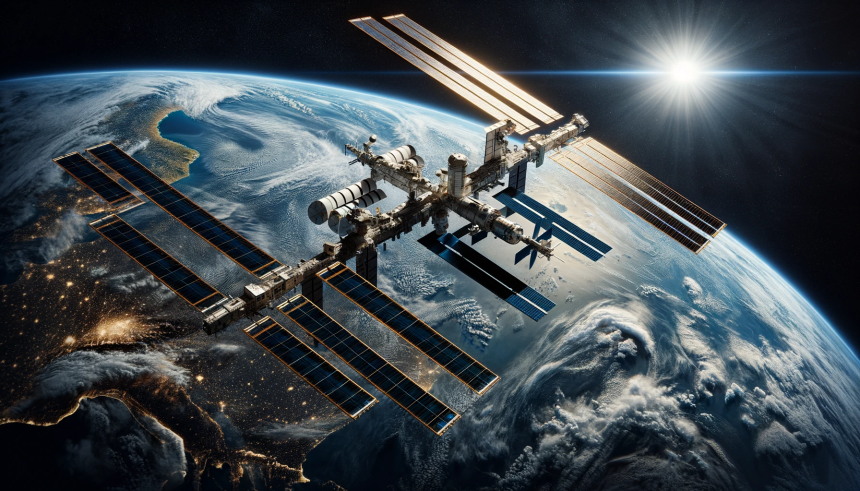A new collaboration between Microsoft and NASA aims to make the agency’s extensive Earth data more accessible through an innovative AI assistant. With over 100 petabytes of information collected via satellites, the data covers various aspects such as climate change, ocean temperatures, and deforestation. This initiative seeks to bridge the gap between complex scientific datasets and users like scientists, policymakers, and students.
Previously, accessing NASA’s vast datasets required specialized knowledge of data formats and technical interfaces, limiting its use to those with specific expertise. The introduction of Earth Copilot changes this by allowing users to engage with the data through natural language queries, thereby broadening the user base and facilitating more widespread use of NASA’s information resources.
How will Earth Copilot enhance data accessibility?
Earth Copilot leverages Microsoft’s Azure OpenAI Service to enable users to ask straightforward questions and receive detailed information from NASA’s datasets.
“We’ve designed the system to handle complex queries and large datasets efficiently, ensuring that users can quickly find the information they need without getting bogged down by technical complexities,”
stated Juan Carlos López, a Microsoft Azure specialist and former NASA engineer. This approach removes the need for technical skills, making data retrieval faster and more intuitive.
What applications can benefit from NASA’s data?
NASA’s satellite data supports numerous applications across different sectors. Agricultural experts can utilize soil moisture data for better crop management, while meteorologists can use historical hurricane information to improve predictive models. These applications highlight the data’s significance in areas such as policy-making, disaster response, agriculture, and urban planning.
“This issue isn’t just a matter of convenience; it has real-world implications,”
said Tyler Bryson, Microsoft’s corporate vice president of health and public sector industries.
How is Earth Copilot being implemented and tested?
Currently, NASA scientists and researchers are testing Earth Copilot to ensure its effectiveness and reliability. The AI tool will be integrated into NASA’s existing data analysis platform, VEDA, following thorough internal evaluations aimed at preventing misuse and ensuring data integrity.
Microsoft and NASA have taken steps to ensure that Earth Copilot addresses past challenges related to data accessibility. While earlier efforts focused on expanding the volume of available data, this collaboration emphasizes user-friendly access and practical applications, enhancing the overall utility of NASA’s scientific resources.
“By enabling users to interact with the data through simple, plain language queries, we’re helping to democratize access to spaceborne information,”
said Minh Nyugen, a cloud solution architect at Microsoft. Earth Copilot represents a significant step toward making complex scientific data more accessible. By simplifying how users interact with vast datasets, the tool empowers a broader audience to engage with critical environmental information, fostering informed decision-making and innovative research. This initiative not only maximizes the value of NASA’s data but also supports global efforts to understand and address pressing environmental issues.










